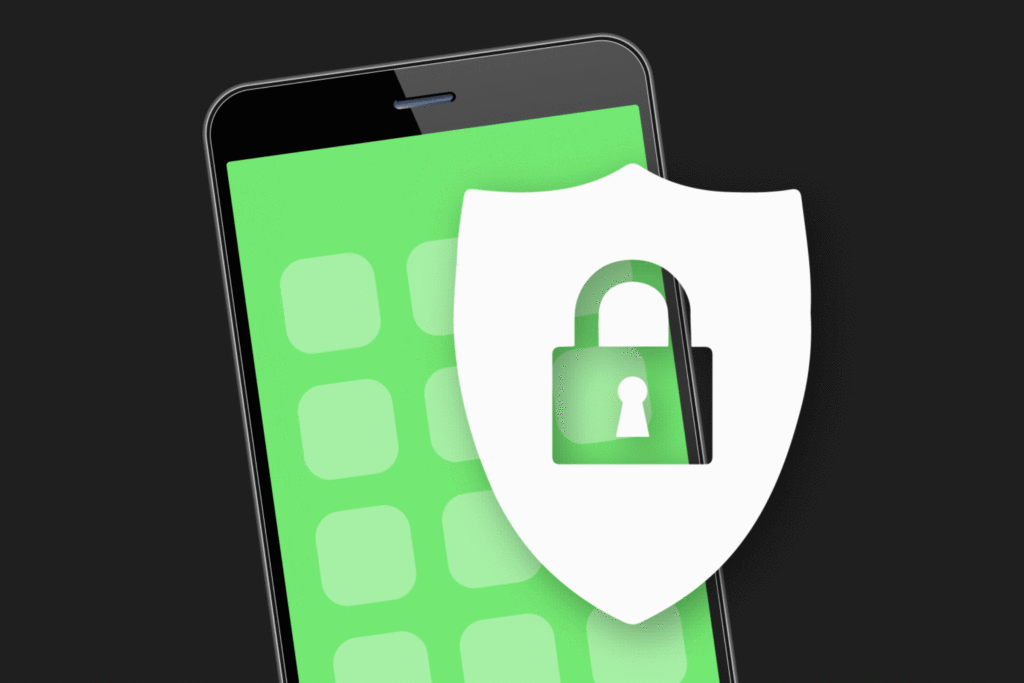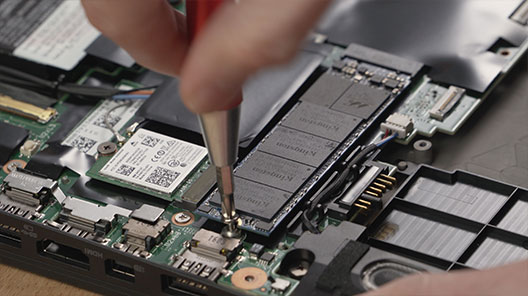Smartphones have become an essential part of our daily lives, storing everything from personal messages and financial details to social media accounts and sensitive data. With this level of importance, they have also become a prime target for cybercriminals. Knowing how to protect your smartphone from hackers is crucial to safeguarding your privacy, data, and financial security.
In this guide, we will discuss the most effective ways to secure your smartphone and prevent it from being hacked.
Why Do Hackers Target Smartphones?
Hackers exploit smartphones for various reasons, including:
- Stealing personal data: Hackers can access your photos, emails, messages, and even banking details.
- Gaining financial access: Many people store credit card details or banking apps on their phones, making them lucrative targets.
- Spreading malware: A hacked device can be used to infect others through malicious links or attachments.
- Spying and surveillance: Some hackers deploy spyware to monitor your activity or eavesdrop on conversations.
Now that we understand the risks, let’s explore how to protect your smartphone from hackers with practical and easy-to-follow security measures.
1. Keep Your Smartphone’s Software Updated
One of the most effective ways to prevent hacking is by keeping your phone’s operating system (OS) and apps updated. Security patches are regularly released to fix vulnerabilities that hackers may exploit.
How to Update Your Phone:
- On Android: Go to Settings > Software Update > Download and Install.
- On iOS: Go to Settings > General > Software Update.
Additionally, enable automatic updates to ensure you always have the latest security patches.
2. Use Strong Passwords and Biometric Authentication
Many smartphone users rely on weak passwords or simple PINs, making it easy for hackers to gain access.
How to Strengthen Your Password Security:
- Use a complex password with a mix of letters, numbers, and symbols.
- Enable two-factor authentication (2FA) for important apps like banking, email, and social media.
- Use biometric authentication (fingerprint or facial recognition) when available.
3. Be Cautious with App Permissions
Many apps request unnecessary permissions that could compromise your security. Hackers can use these permissions to access your microphone, camera, contacts, or location.
How to Manage App Permissions:
- On Android: Go to Settings > Apps > Permissions Manager and review each category.
- On iOS: Go to Settings > Privacy & Security > App Permissions and disable unnecessary access.
Only grant permissions that are essential for the app’s functionality.
4. Avoid Public Wi-Fi or Use a VPN
Public Wi-Fi networks are often unsecured, making it easy for hackers to intercept your data through man-in-the-middle (MITM) attacks.
How to Stay Safe on Public Wi-Fi:
- Avoid logging into banking or sensitive accounts on public Wi-Fi.
- Use a VPN (Virtual Private Network) to encrypt your internet connection.
- Turn off Wi-Fi auto-connect to prevent your phone from connecting to unsecured networks.
5. Download Apps Only from Official Stores
Many hackers distribute malware through third-party app stores. Downloading apps from untrusted sources increases the risk of installing malicious software.
How to Ensure App Security:
- Always download apps from Google Play Store (Android) or Apple App Store (iOS).
- Check app reviews and permissions before installation.
- Avoid modded or cracked apps, as they may contain malware.
6. Enable Remote Wipe and Find My Device
In case your phone is lost or stolen, remote tracking and wiping features can prevent unauthorized access to your data.
How to Set Up Remote Tracking:
- On Android: Go to Settings > Security & Location > Find My Device and enable it.
- On iOS: Go to Settings > Apple ID > Find My iPhone and turn it on.
If your phone gets stolen, you can remotely wipe its data using Google’s or Apple’s tracking services.
7. Watch Out for Phishing Attacks
Hackers often use phishing scams to trick users into revealing personal details via fraudulent emails, texts, or social media messages.
How to Avoid Phishing Scams:
- Do not click on suspicious links in emails or texts.
- Verify sender identity before sharing personal information.
- Use an anti-phishing browser extension or security app.
8. Use a Mobile Security App
Installing a reliable mobile security app can provide real-time protection against malware, phishing, and hacking attempts.
Best Security Apps for Smartphones:
- Android: Bitdefender Mobile Security, Norton Mobile Security, Malwarebytes
- iOS: Avast Security, Lookout Mobile Security, McAfee Mobile Security
9. Disable Bluetooth and NFC When Not in Use
Hackers can exploit Bluetooth and NFC vulnerabilities to access your phone without your knowledge.
How to Secure Your Wireless Connections:
- Turn off Bluetooth and NFC when not needed.
- Avoid pairing with unknown Bluetooth devices.
- Use airplane mode in high-risk areas.
10. Regularly Back Up Your Data
If your phone is hacked, having a recent backup ensures you don’t lose important files and personal data.
How to Back Up Your Data:
- Android: Use Google Drive (Settings > Google > Backup).
- iOS: Use iCloud (Settings > Apple ID > iCloud Backup).
- Consider an external storage option like a USB drive or PC backup.
Final Thoughts: Stay Proactive About Smartphone Security
Now that you know how to protect your smartphone from hackers, it’s important to remain vigilant and proactive. Cybercriminals constantly find new ways to exploit vulnerabilities, so following these security measures will significantly reduce the risk of hacking.
Quick Recap:
✔ Keep your phone and apps updated ✔ Use strong passwords & biometric authentication ✔ Review and restrict app permissions ✔ Avoid public Wi-Fi or use a VPN ✔ Download apps only from official stores ✔ Enable Find My Device and remote wipe ✔ Stay alert for phishing attacks ✔ Install a mobile security app ✔ Disable Bluetooth & NFC when not in use ✔ Back up your data regularly
By following these steps, you can safeguard your personal data, prevent hacking attempts, and keep your smartphone secure. Stay informed, stay cautious, and protect yourself from cyber threats!





